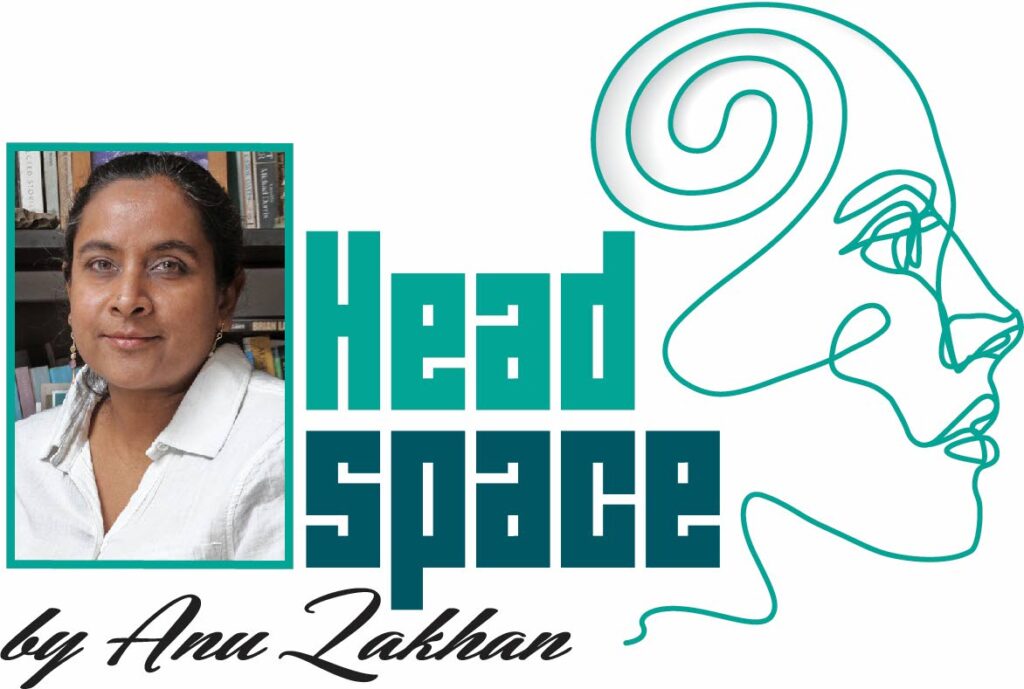My hip hurts: the fear of aging

My hip hurts. My hip? But why? I’ve done nothing to upset it.
A person for whom I have the greatest respect believes that once you have hip replacement, death is but a breath (or not-breath) away. Granted, she’s usually talking about people over 70 and I’m not quite there yet.
But again I say: my hip? In my teens, if my hip had the temerity to cause me pain, I’d have asked my gym trainer what I’d done wrong. In my 20s I would have been sure I’d been running between desks, as I was always doing, and thumped or twisted something.
In my 30s, a fine time to start being serious, I would have gone to the doctor, done scans, all that good stuff.
Now I am canvassing friends, family, basically anyone who will stand still, and asking them about their hip health. This, I believe, is evidence of aging.
I was not afflicted with aging until recently. Until recently, in my head, I was always in my mid-20s. Now, in my late 40s, I am suddenly, inexplicably, old.
Gerascophobia, the fear of aging, affects many, but I read that millennials are absolutely desperate about it; they view dementia and loneliness as inevitable. I never thought I’d say this, but millennials, for once I get you.
We don’t start aging only when we notice that the body is feeling like a rickety chair or we’re going to more funerals than fetes. We’re aging from the time we’re conceived, but it takes a while for us to become aware of it.
Wasn’t getting older once a good thing? Early on, didn’t we look forward to birthdays? And not entirely because of the cake. We were once growing up. There were desirable things to come like driving, like everything you’re only allowed to do if you’re over 18, like that crazy notion of autonomy we heard so much about, and now we were finally going to get some of it.
Then, one day, we find ourselves not so thrilled by the idea that we’ve racked up another year. We despair. We’re definitely not as happy as we used to be, but what is the genesis of our discontent?
It is possible to conclude that you are now unattractive. The anti-aging industry (everything from anti-wrinkle cream to surgery) certainly tries to make us feel like that. If you no longer shine with youth and beauty, you must be the opposite. There is no grey (I know, not my most subtle pun) area.
It is possible to conclude that you have not lived up to your potential. Why are others more successful than you? Why don’t you have the right job, holidays, partner, or dog?
Social media makes it easier than ever to compare yourself to everyone you’ve ever known and many you don’t.
Whatever you alight upon, maybe you’ve also taken comfort in one or the other U-curve explanations. Johnathan Rauch (The Happiness Curve, 2018) popularised the happiness U-curve that shows us sliding downwards into the pit of gloom until we hit our late 40s. Magically, at about 50, there’s an upswing and we’re on top of the world by our 70s.
From research published in 2007, Dartmouth’s David Blanchflower gives us an inverted U that shows the ascent of our unhappiness and a rolling down into better times; maybe things are better over the hill. The ages roughly line up with Rauch’s.
Perversely – not to say confusingly – while gauging unhappiness, Blanchflower’s model still gets called a U-curve of happiness.
Working our way up to middle age, we will worry about a great many things: money, mental and physical health, and satisfaction with relationships.
Then we will worry about the worries to come; the ghosts of future anxieties. Can we afford to live on our retirement incomes? Will we lose our ability to care for ourselves? We will fear the loss of our spouse and others we love. We will fear being alone.
Surprisingly, death is not the main thing people fear. Those other things I mentioned outrank death. So we may fear the Great Unknown, but not as much as we fear garden variety unknowns.
For those at present in the slough of despond, fear not, 50 soon come and we are promised better. Those on the other side of the curve tell us it’s better. We will start to sound like inspirational messages: we’ll be more thankful, more forgiving, laugh more and worry less. And that’s not bad at all.
Remember to talk to your doctor or therapist if you want to know more about what you read here. In many cases, there’s no single solution or diagnosis to a mental health concern. Many people suffer from more than one condition.


Comments
"My hip hurts: the fear of aging"